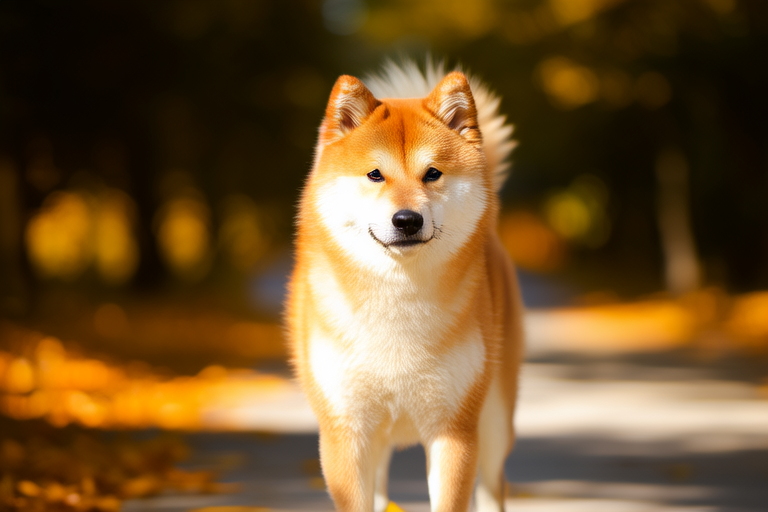Reasons Why Every Dog Lover Should Consider a Shiba Inu
The Shiba Inu, a small but sturdy breed from Japan, has captured the hearts of many dog lovers around the world. Known for their fox-like appearance and independent spirit, these dogs are becoming increasingly popular. This article explores the unique traits of Shiba Inus, their grooming needs, exercise requirements, dietary considerations, and how they interact with children and other pets. Additionally, we will compare them to other dog breeds to highlight why Shiba Inus stand out for dog lovers.
Unique Traits of Shiba Inus
Shiba Inus are renowned for their loyalty, independence, and adaptability. These traits make them exceptional companions. Their loyalty is unwavering, and they form strong bonds with their owners. However, they can be independent, which means they need consistent training and socialization to ensure they remain well-behaved. Despite their independence, Shiba Inus are highly adaptable, making them suitable for various living environments, from apartments to larger homes.
Grooming Needs
Shiba Inus have a double coat that requires regular grooming. They shed heavily twice a year, during spring and fall, known as “blowing their coat.” During these periods, daily brushing may be necessary to manage shedding. Regular brushing throughout the year helps maintain their coat’s health and reduces shedding. Bathing should be done every few months, depending on the dog’s activity level and environment. Their nails should be trimmed monthly, and their teeth should be brushed regularly to prevent dental issues.
Exercise Requirements
Shiba Inus are an active breed that requires regular exercise to stay healthy and happy. Daily walks and playtime are essential. While they are relatively small, they are energetic and enjoy outdoor activities such as hiking, running, and playing fetch. Providing mental stimulation through puzzle toys and interactive games can also help meet their exercise needs. Shiba Inus thrive on routine, so establishing a consistent exercise schedule is beneficial.
Dietary Considerations
Shiba Inus have specific dietary needs that should be considered when choosing their food. High-quality dog food that meets their nutritional requirements is crucial. Feeding them a balanced diet ensures they receive the necessary nutrients for optimal health. Avoid overfeeding to prevent obesity, which can lead to various health issues. Consult with a veterinarian to determine the appropriate portion sizes based on your Shiba Inu’s age, weight, and activity level.
Temperament and Interaction with Children and Other Pets
Shiba Inus have a unique temperament that makes them excellent companions. They are typically aloof with strangers but loyal to their family. Early socialization is vital to ensure they are comfortable around people and other animals. Shiba Inus can get along well with children if properly introduced and supervised. They tend to be protective of their family, which can be beneficial in certain situations. However, their independent nature may require patience and understanding from children.
When it comes to other pets, Shiba Inus can coexist peacefully with them. Introducing them gradually and providing positive reinforcement can help foster good relationships. However, due to their prey drive, caution should be exercised when introducing them to smaller pets like cats or rabbits.
Comparison with Other Dog Breeds
Shiba Inus stand out among other dog breeds for several reasons. Compared to breeds like the Golden Retriever or Labrador Retriever, Shiba Inus are more independent and less prone to separation anxiety. While these larger breeds are known for their loyalty and affection, they often require more attention and exercise. Shiba Inus, on the other hand, are self-sufficient and can entertain themselves, making them ideal for owners who work long hours.
Another comparison can be made with the Chihuahua
